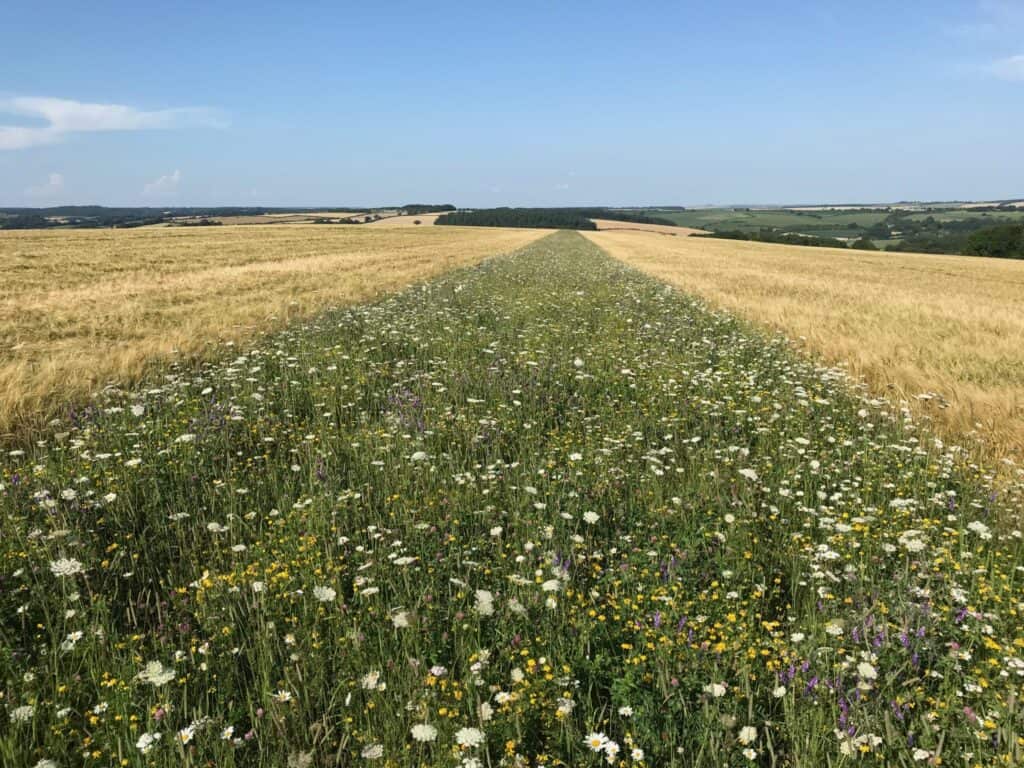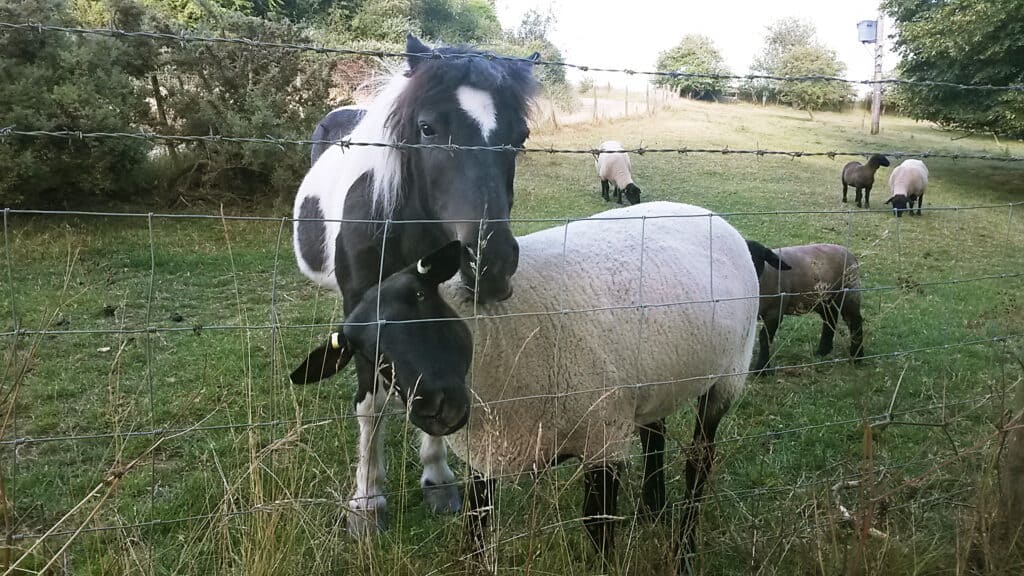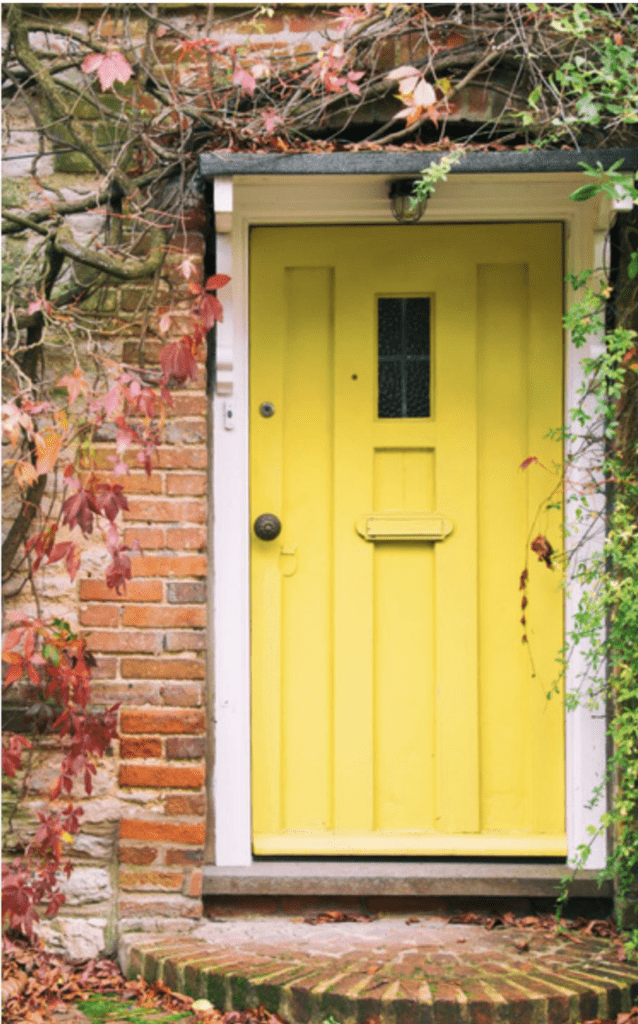Roger Guttridge recounts a Sturminster Newton family’s pioneering contribution to Australian history

Two hundred and thirty years ago this month, a Sturminster Newton family was three months into a voyage into a unique place in history.
Thomas and Jane Rose, their four children, their niece Elizabeth Fish and their dairymaid Elizabeth Watts were soon to become the first family of free settlers in Australia – hitherto only transported convicts and their guards had been welcomed.
The Rose party was nine of just 15 people who responded to a nationwide appeal for experienced farmers and ‘other right kind of settler’ to become pioneers in Britain’s newest overseas colony.
As well as free passage, the British government offered land, tools, two years’ worth of provisions, clothing for a year and availability of convict labour.
But this was no trip for the faint-hearted. It involved a five-month voyage across the world’s great oceans, all the challenges of an alien climate and environment and the likelihood that you’d never see your family, friends and home town again.
Which is perhaps why only ten adults and five children voluntarily joined the crew and 17 women convicts on the supply ship Bellona as she sailed from Gravesend on 8th August 1792.
The voyage was not uneventful. Elizabeth Fish’s one-year-old daughter died just nine days into the voyage due to ‘worm fever and convulsions’. Elizabeth later struck up a relationship with Lancashire farmer and fisherman Edward Powell, one of the other six voluntary settlers, and the couple married soon after the Bellona’s arrival at Sydney Cove on 16th 1793.
Romance also blossomed between gardener Thomas Webb and convict Catherine Buckley.
They married eight days after arriving. Within two years, Catherine was a widow. Thomas had been fatally speared by Aboriginals and his nephew Joseph had also died.

Stinking and maggotty
Jane Rose arrived at Sydney Cove three months pregnant with the fifth of her seven children.
Many of the supplies failed to survive the voyage. Sixty-nine barrels of flour arrived ‘rotten, stinking and maggotty’ due to damp; pork was ‘stinking rotten and unfit to eat’; hundreds of gallons of rum and wine and almost 1,200 gallons of molasses had dribbled away due to leaks; huge quantities of cloth, hammocks and rugs and a case of stationery were rotten and unfit for use due to water damage.
Thomas Rose was allocated 120 acres seven miles west of Sydney and a further 70 acres five years later as a reward for his hard work.
But the soil quality was poor and the family endured crop failures and water shortages as well as an Aboriginal attack in which Jane was hit by a spear and saved only by her whalebone corset.
The family moved to Prospect, where Thomas was put in charge of a government farm, and, in the early 1800s, to a third location on the north bank of the Hawkesbury River at Wilberforce near Sydney.
The land here was more fertile but also flood-prone, and the family had crops, livestock and several bark shelters or huts washed away before building a sturdier log cabin on higher ground.
Rose Cottage remained in the family until 1961 and is today maintained as a tourist attraction and Australia’s oldest timber house.

Growing a population
The Roses took their duties of populating the colony seriously. By the time Jane died in 1827, she was Australia’s first non-Aboriginal great-grandmother with more than 100 descendants.
Thomas died six years later aged 84.
By the late 20th century, the number of known descendants of Thomas and Jane had risen to 27,600 although the true number is thought to be more than 60,000.
A surviving letter sent to Jane in 1798 by her parents gives us a glimpse of the England they had left behind.
Thomas and Mary Topp of Sturminster Newton wrote of a constant fear of invasion by Napoleon, of frequent troop movements as a result, of sky-high prices and of ‘hardly to be borne’ taxes on everything from horses and dogs to hats and gloves to butter and cheese.
On 8th August 1992, 200 years to the day after the Bellona set sail, three Australian Rose descendants attended a celebration garden party at Puxey Farm, Sturminster, the family’s home before departure.
And in January 1993, hundreds of Rose descendants were among 2,000 people who converged on Sydney Cove to mark the anniversary of the Bellona’s arrival. Descendants of some of the 17 female convicts also took part.

• Roger Guttridge’s book Dorset: Curious and Surprising includes a chapter on the Rose settlers.

















